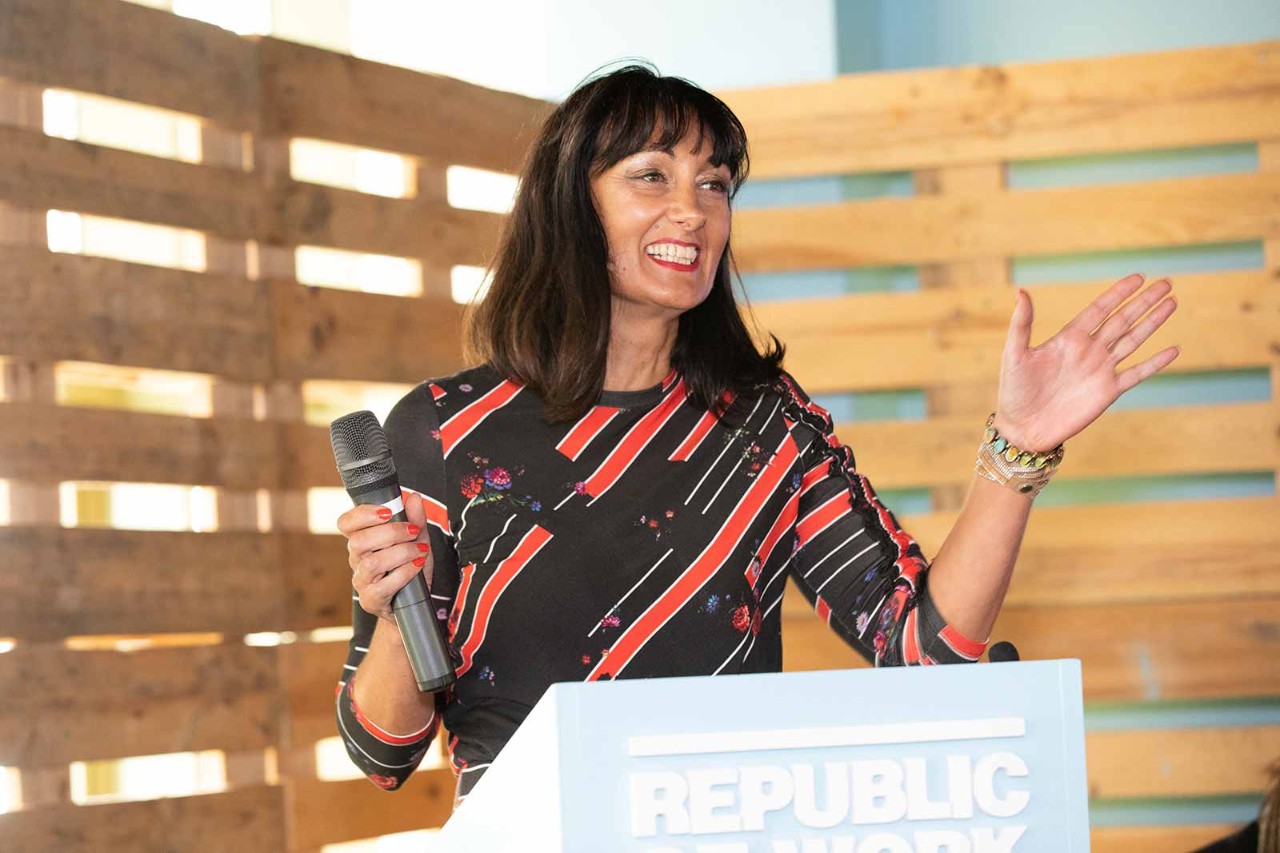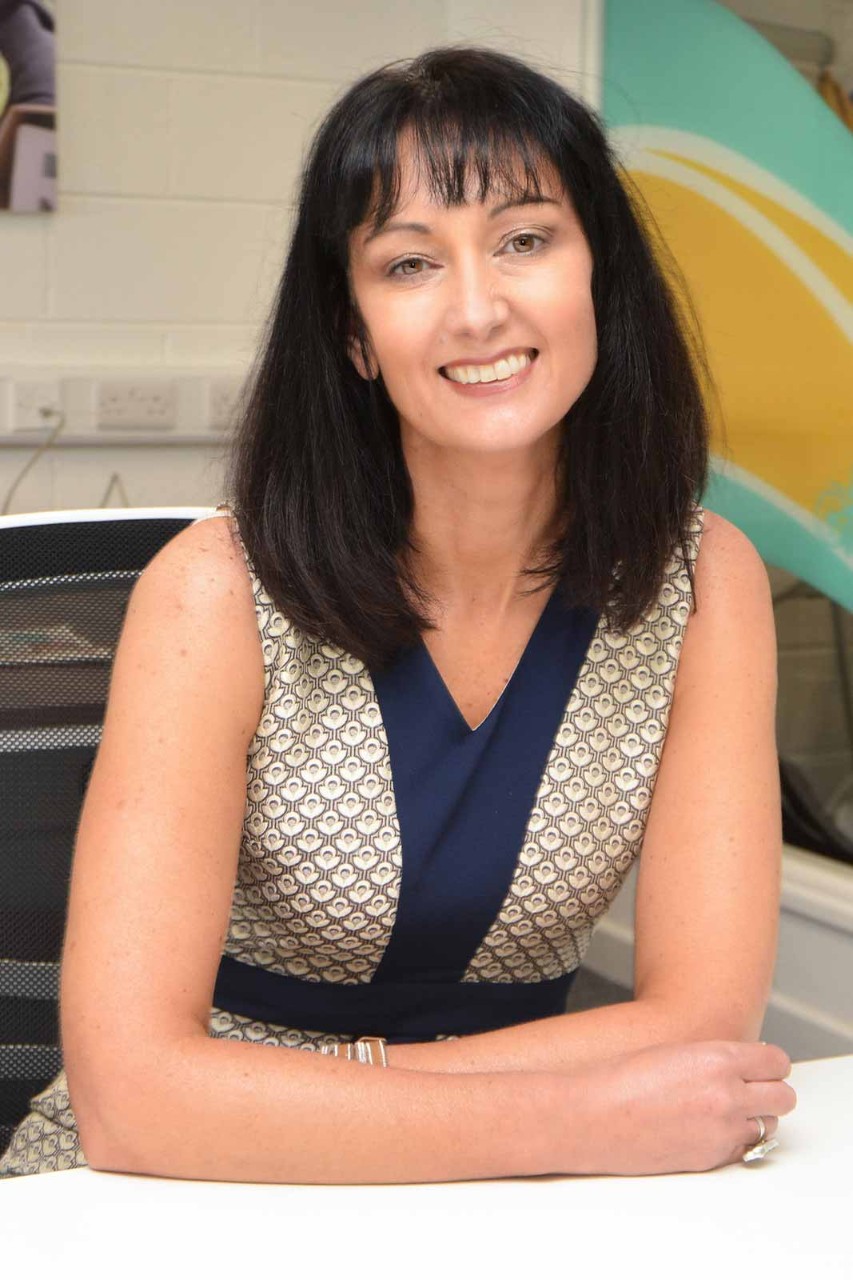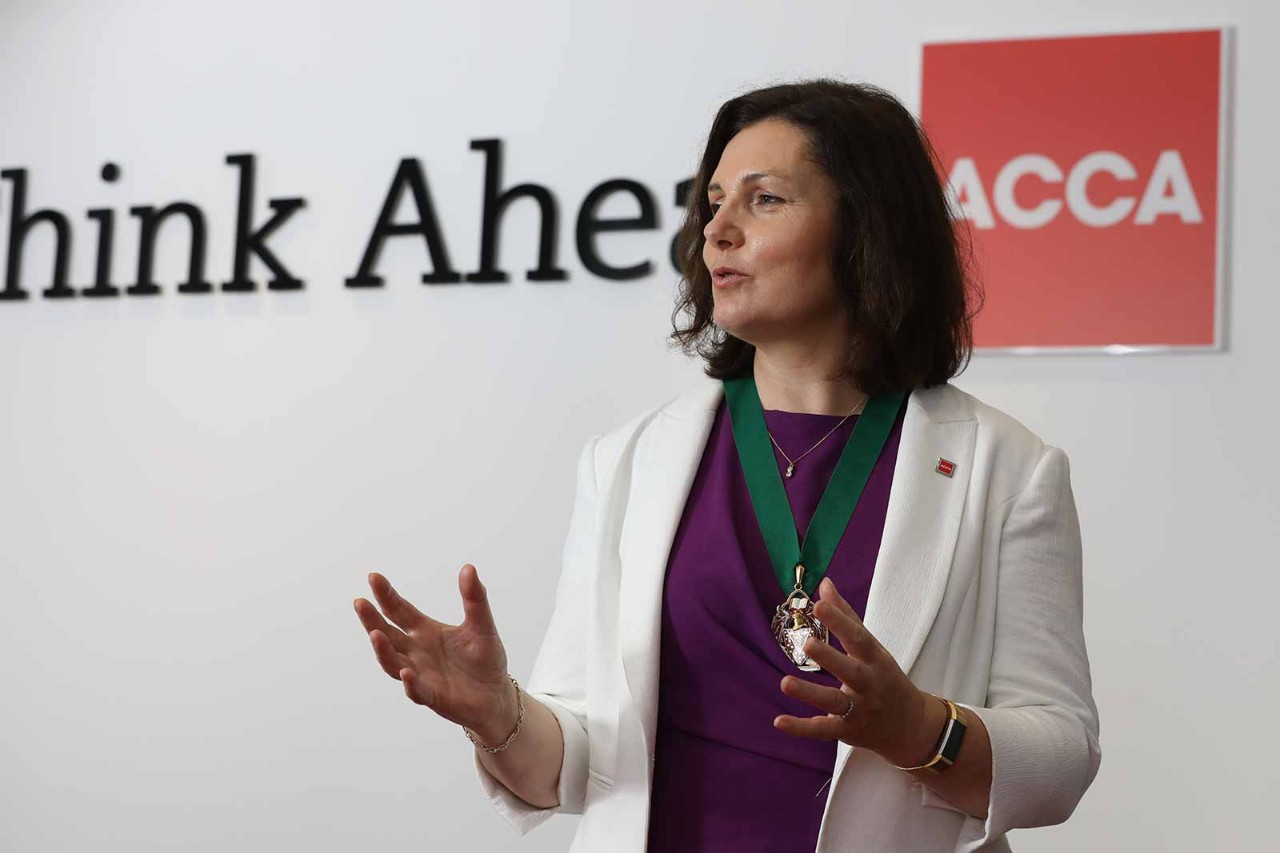
‘When we talk about flexible working, it’s tempting to think immediately about remote working, but that’s just one aspect of it. Flexible work can mean a variety of things: part time, job sharing, remote work, compressed hours, full time with some flexibility, annualised hours, term time or a mix of all of the above.’
So observes Karen O’Reilly ACCA, founder and CEO of EmployMum/EmployFlex, the employment agency that has been championing the flexible work space in Ireland since 2016. Today, timing would appear to be very much on the side of the Cork-based firm, which already had, prior to the pandemic, a database of thousands of professional flexible jobseekers and an in-house consultancy service providing flexibility audits and toolkits to Irish companies.
Mark of quality
Emblematic of a forward-thinking approach, the company has, since 2018, offered a quality mark, Flexit, to workplaces that offer genuine flexibility, and has supported hundreds of ‘returnships’ – internships for people returning to the workplace after a number of years away. O’Reilly’s colleague Helen Walshe joined the same year, seeking flexible work, and now works for the company from home on a part time basis as a coach and flexible work specialist.
O’Reilly has, meanwhile, become an in-demand speaker and media contributor and was consulted in the formulation of the government’s recently announced national remote working strategy.
‘Don’t be afraid to ask what your employees want; you may not be able to deliver but at least you’ll be aware’
CV
2018
Launches the Flexit quality mark
2016
Establishes Employmum, adding the Employflex brand in 2019
2009
Sets up The French Tour Company
2002
Cofounds property agency Bidsinfrance
1998
Senior management accountant, Estee Lauder
1996
Becomes a member of ACCA
1993
Audit senior, BDO Limerick
Yet while there is near universal agreement that change is on its way and O’Reilly believes that the pandemic has pushed the conversation on flexible working forward ‘by between 10 to 15 years’, she is adamant that, for many employees, progress has not come a moment too soon.
When the company opened for business five years ago, it soon became apparent that a strong appetite for flexibility on the candidate side wasn’t matched among employers: ‘There was huge interest for flexible working among employees but employers weren’t talking about it,’ she says.
‘The situation was making a lot of people very unhappy. They were in senior positions but didn’t have time for their families and were finding it unsustainable.’
Mindset issue
Businesses, would, says O’Reilly, routinely cite issues like productivity, security, IT or insurance as barriers to remote working. ‘Of course, when they finally needed to, in early 2020, they were all able to do it overnight, so it was a mindset issue all along.’
So strong was this mindset that O’Reilly acknowledges that she ‘nearly threw in the towel a few times’ as the prospect of getting a significant mass of employers on board seemed dim. A particular low point was two years ago when she delivered a keynote presentation at a conference on the future of work.
‘My message to businesses was not to be a dinosaur. I didn’t notice at the time but learned later that other recruitment firms were essentially laughing at what I had to say. They thought that the idea of flexible working as the future was ridiculous.’
Distant shores
If she needed motivation to keep going, O’Reilly’s own career, built on resourcefulness and adaptability, offered a ready source of inspiration. Having studied accounting and business in what was then Waterford RTC, she joined BDO Limerick in 1993 where she rose to audit senior and became an ACCA member in 1996.
Following this, she spent one of two stints in Australia, separated by a year in fund accounting in Luxembourg, which she confesses she found ‘excruciatingly boring’. Heading back to Australia, she secured the role of senior management accountant with cosmetics firm Estée Lauder, where she managed the staff and budgets of 16 Clinique stores and fell in love with the Australian ‘work-to-live’ mentality.
‘In Luxembourg, you were expected to work really long hours as a matter of course,’ she recalls. ‘In Australia, the work got done but you were surfing at 6 o’clock.’
French connection
A desire to be closer to home but hold on to the sunshine led to the next stage of her career. ‘My sister lived in Perpignan in the south east of France and was looking for a partner to set up new business with. My husband and I visited with a rucksack and we came home 12 year later with two children. In the meantime, we built the largest English-speaking property business in the south of France.’
The sisters would feature routinely in property media coverage in Ireland and the UK, including twice on Channel 4’s A Place in the Sun. When the property market eventually took its nosedive, O’Reilly recognised the in-depth knowledge they had gained of the local region could provide another path forward.
‘We knew the area and its attractions extremely well and decided to set up a tour business,’ she recalls. ‘My sister and I bought a minibus and trained ourselves to be drivers. After six months, we saw that the real demand was for wine tours and began to specialise in that.’
The business thrived for a further four years, until a sudden call from the French department of transport brought it to a halt. ‘We were told that we had to cease operations immediately and that the only way we could continue was to have the driving licence needed for articulated lorries.’
It was not the first time O’Reilly had come up against the intractable nature of French bureaucracy and ‘after 12 great years, living in a wonderful French neighbourhood with many friends’, she and her husband decided it was time to return to Ireland. ‘Our children were eight and six so it was a “now-or-never” moment,’ she says.

Flexible solution
Returning to Clonakilty in 2013, O’Reilly’s search for the next stage in her career would lead to the founding of EmployMum. ‘When I started looking for work, I wanted to find something flexible so that I would be free for the school run,’ she says.
‘When I saw how difficult that was, I began to think there must be many people out there just like me. There were 450,000 people, including 9,000 men, who stated their role as home duties on the census. I figured a lot of them must be qualified and have significant experience and skills under their belt.
That was my lightbulb moment. I knew I would have to create a business around it, matching companies with people who wanted flexible work.’
World leaders
From the vantage point of early 2021, of course, all arguments around flexibility now seem an open-and-shut case. Reflecting on the government’s new strategy and the proposal to give employees the right to request to work remotely, O’Reilly sees ‘an opportunity for us as a country to be leaders in this area, to show the rest of the world we can do it and we can do this right.’
She cautions, however, that the education of employers is not yet done. One of the learnings from EmployMum’s flexibility work audits is the issue of companies ‘who think they are being flexible but really aren’t. Sometimes it’s the case at senior level, but when you talk to others you find it isn’t the reality at all, and many people are miserable as a result.’
While in the past year many businesses have been able to carry on largely as usual with their staff at home, O’Reilly points out that ‘working from home during the pandemic when you are looking after young children is not the same as remote working, so we need to be careful about recognising that.
‘As we look to the future, it will be important that we train people on how to work remotely and how to manage a team remotely, to communicate and collaborate effectively, to look after mental health and to create social interactions.’
Work it out
O’Reilly also acknowledges that as businesses consider the options, ‘many will recognise that it’s not going to work for them and, in some industries, it won’t work at all’.
Her central message to employers is to get feedback regularly. ‘Don’t be afraid to ask what your employees want; you may not be able to deliver but at least you’ll be aware,’ she says.
‘Good people will go to companies that offer flexibility. Anyone who isn’t looking at this in a serious way is either reckless or has their head in the sand.’




